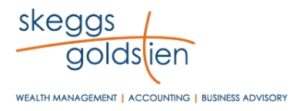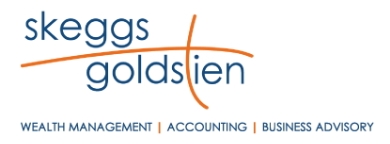Debt Management
Borrowing money is easy these days and that’s why it’s even easier to get into debt.
But, not all debt is bad debt.
Having a debt management plan in place and understanding the difference between good and bad debt could help you make better financial decisions.
Good debt
“Good” debt is when you borrow to invest to purchase wealth-building assets – meaning assets that are likely to increase in value over time and/or give you an income. Good debt may also be tax deductible.
An example of good debt is borrowing to purchase shares or an investment property.
Bad debt
“Bad” debt is a loan used to purchase non-income producing assets and where the interest on the loan is not tax deductible.
Using a credit card or a personal loan to fund a holiday or to buy luxury items are examples of taking on bad debt.
How we can help
Knowing how to manage your debt can help you take control of your financial future and manage your cashflow.
We can recommend a debt management plan to help you pay down your bad debt whilst using good debt to build long term wealth.
Should you borrow to invest?
Borrowing to invest (also called gearing) may help you accelerate the process of wealth creation by allowing you to make a larger investment than would otherwise be possible.
This greater exposure gives you the potential to magnify your returns, but can also magnify your losses.
To discuss your Debt Management needs please contact one of our qualified Financial Advisers at Skeggs Goldstien on 1300 753 447.

